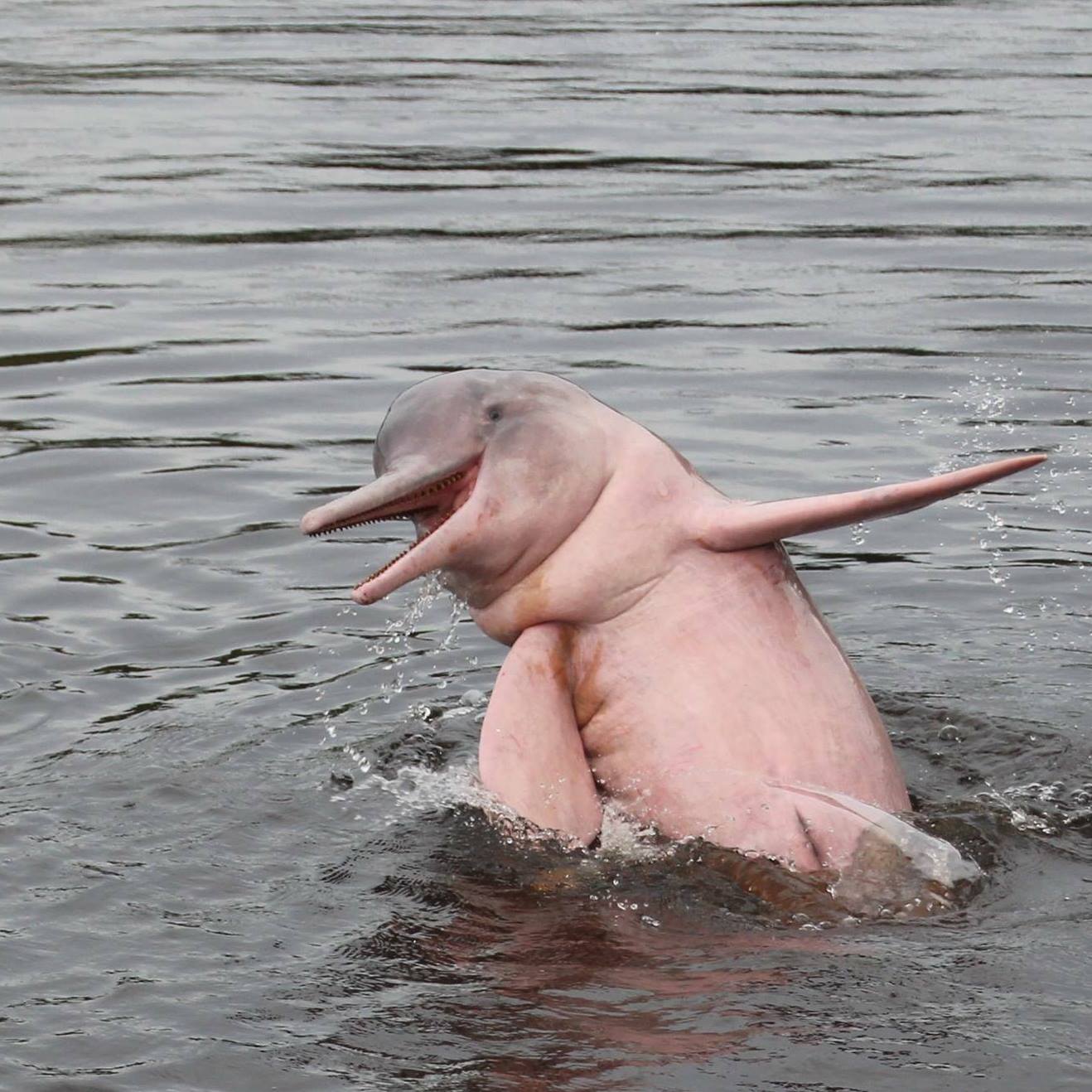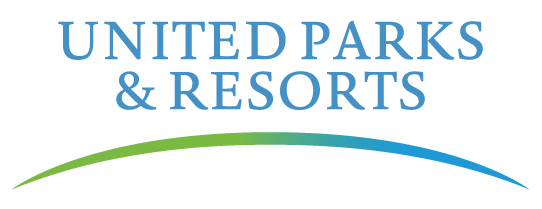SeaWorld Conservation Fund Reaches Milestone of $19 Million in Grants

Abandoned African Penguin chicks receiving care; photo provided by SANCCOB
In exciting news, the SeaWorld Conservation Fund (SWCF) has reached a milestone of more than $19 million in grants to organizations focused on the conservation of animals and their ecosystems. This includes 10 new grants made in 2021 for marine-specific programs spanning animal conservation and crisis, marine fish sustainability, marine aquatic debris cleanup, preservation of freshwater habitats, and a project to end lethal fishing gear entanglements by advancing ropeless fishing.
The grants distributed by the Fund in 2021 benefit a variety of species, including penguins, dolphins, porpoises, and whales. Since its creation in 2003, more than 541 different marine-specific conservation projects across all seven continents have received funding and scientific support through fund grants.

Amazon River Dolphin in its natural environment; photo provided by Amazon River Dolphin Conservation Foundation
According to SeaWorld’s Chief Zoological Officer Dr. Chris Dold, what differentiates SWCF from other funds is that our recipients have access to the large and diverse populations of animals in our care presenting opportunities to study, learn and apply findings to populations in the wild. Our experienced team, from animal care specialists to veterinarians and nutritionists, to researchers and scientists, are also available anytime to recipient organizations to consult and collaborate.
The 2021 grantees include:
- Southern African Foundation for the Conservation of Coastal Birds (SANCCOB) – To support their African Penguin Chick Bolstering Program and Cape Cormorant disaster response efforts
- Audubon Florida – For marsh and prairie restoration at Corkscrew Swamp Sanctuary
- Tampa Bay Watch – For the community action and partnership to reduce marine debris in Tampa Bay
- Rising Tide Conservation – Saving the Ocean One Fry at a Time – Two grants were made, one for the development of culture methods for marine ornamental fishes and the other for developing larviculture protocols for sustainable production of coral reef fishes
- Woods Hole Oceanographic Institution – For the ending of lethal fishing gear entanglements by advancing ropeless fishing
- Amazon River Dolphin Conservation Program – To help further their work in population surveys and photo identification of dolphins in the Lower Rio Negro Region of Brazil
- Cetacean Action Treasury – For a pilot project to test viability of detecting Vaquita porpoise presence through Environmental DNA (eDNA)
- Norwegian Orca Survey – For the “Keeping up with Norwegian Orcas” program which continues a long running photo identification and DNA study of killer whales throughout Norway
